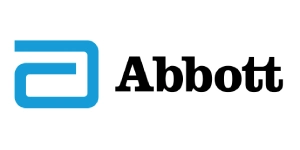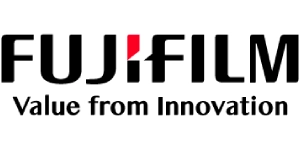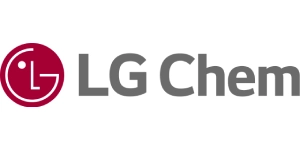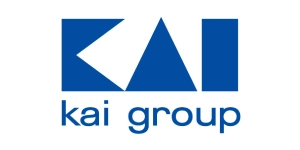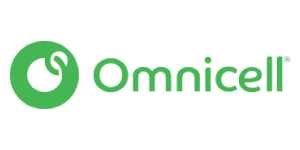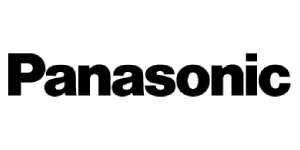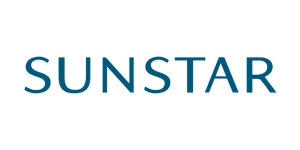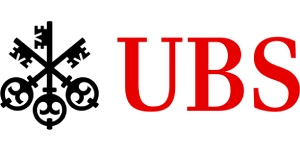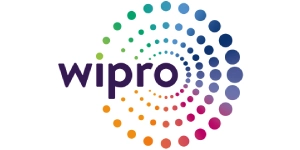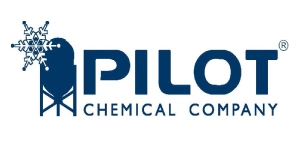Global Speed Sensor Market growing at a CAGR of 4.60% from 2023 to 2030
Category : Semiconductor And Electronics | Published Date : Aug 2023 | Type : Press Release
Key Market Overview
The speed sensor market is expected to reach USD 12,901.78 Million by 2030. The market, which was valued at USD 9,171.42 Million in 2022, is predicted to grow at a compound annual growth rate of 4.60% during the period 2023-2030.
The report highlights the increasing adoption of speed sensors due to the rising demand of sensors from the automotive industry to optimize the engine performance. Consegic Business Intelligence study also provides insights into the market's competitive landscape, market segmentation, regional trends, and emerging technologies in the speed sensor market.
Global Speed Sensor Market By Overview
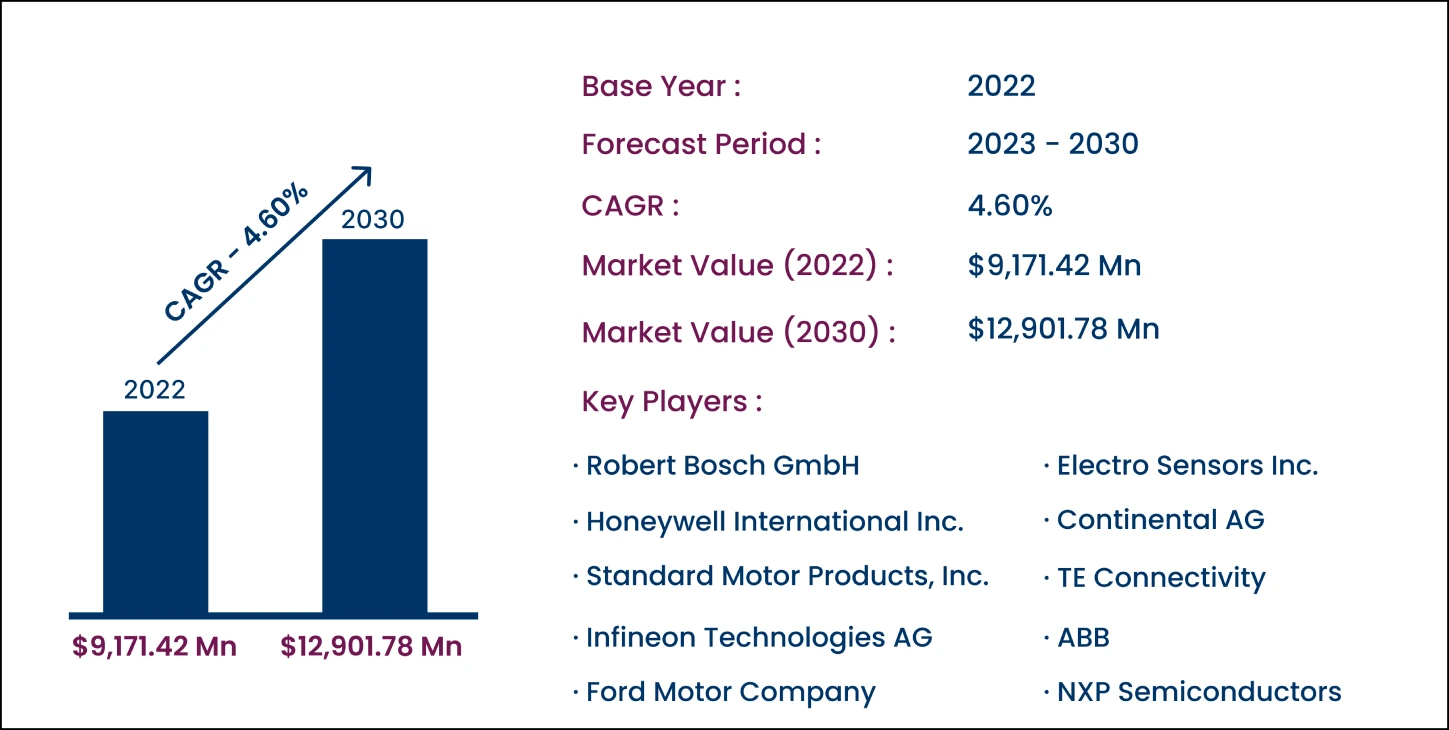
Consegic Business Intelligence provided an inclusive research report on the speed sensor market that evaluates multiple factors, such as market size, value, supply chain, regulatory environment, and trends. Magnetic speed sensors are anticipated to witness the fastest CAGR in the speed sensor market during the forecast period. The growth is attributed to the emergence of Industry 4.0 solutions and Internet of Things (IoT) in industrial settings that drive the demand for magnetic speed sensors. The sensors provide data for predictive maintenance, process optimization, and data-driven decision-making. In addition, magnetic speed sensors are utilized in industrial machinery and robotic systems to monitor the speed of rotating components, ensuring efficient and precise operation. Moreover, magnetic speed sensors are essential in renewable energy applications, namely wind turbines, to monitor the rotational speed of blades. Subsequently, the above-mentioned factors are predicted to drive the growth of magnetic speed sensors during the forecast period.
Get Free SampleMarket Dynamics
Driver:
- Increasing demand of speed sensors from the automotive industry to optimize the engine performance is driving the market growth.
- Rising demand of speed sensors to streamline manufacturing and production processes is accelerating the market growth.
- The ability of Polyphenylene sulfide (PPS) speed sensors to exhibit chemical resistance, low thermal expansion and minimal moisture absorption, resulting in excellent dimensional stability over a wide temperature range is boosting the market growth.
Restraints:
- High sensitivity of speed sensors to environmental conditions including temperature, humidity, and vibration is restraining the market growth.
- High manufacturing cost of speed sensors is hampering the market growth.
Market Segmentation:
| Report Attributes | Report Details |
| By Product | Wheel-Speed Sensor, LiDAR, Magnetic Speed Sensor, Surround Radar, Speedometer, Eddy Current Speed Sensor, Pilot Tube, Doppler Radar, Tachometers, and Others |
| By Technology | Hall-Effect Digital Speed Sensors and Magneto-Resistive Wheel Sensors |
| By Housing Material | Aluminum, Epoxy, Peak, Polyphenylene Sulfide, Stainless Steel, and Steel |
| By Distribution Channel | Aftermarket and OEM |
| By Application | Antilock Braking System (ABS), Electronic Stability Program (ESP), Fan Control Monitoring, Solenoid, Test Equipment, Transmission, Exhaust, Engine speed control, Powertrain, and Turbocharger |
| By End-User | Automotive, Aviation/Aerospace, Agriculture, Construction, Power Generation, and Military |
| By Region | North America, Europe, Asia-Pacific, Latin America, and Middle East & Africa |
Competitive Landscape :
As per the study, the market is dominated by certain major companies such Robert Bosch GmbH, Honeywell International Inc., Continental AG, and Infineon Technologies AG that have a strong market position in current market circumstances. The market players compete for a firm market position through mergers and acquisitions, product innovations, and business strategies. Thus, evolving research and developments in the speed sensor market are expected to help market players adopt innovative ways of product creation to cater to the growing needs of various end-use industries.
- Robert Bosch GmbH
- Honeywell International Inc.
- Continental AG
- Infineon Technologies AG
- Ford Motor Company
- Electro Sensors Inc.
- Standard Motor Products, Inc.
- TE Connectivity
- ABB
- NXP Semiconductors
- Siemens
